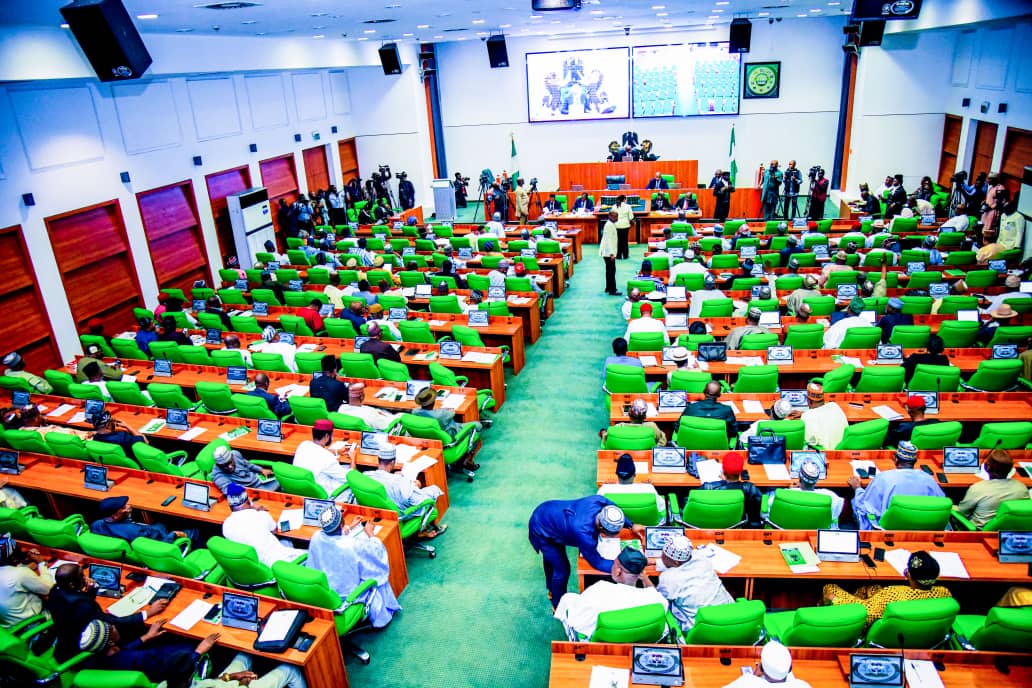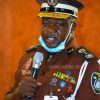Listeners:
Top listeners:
-
play_arrow
Kapital FM 92.9 The Station that Rocks!

I By Oduyemi Odumade
In a significant move towards modernization and accountability, the House of Representatives has passed the Nigeria Audit Service Bill, repealing the outdated Audit Ordinance of 1956.
The new bill establishes the Federal Audit Service and grants additional powers and functions to the Auditor-General of the Federation.
The bill, officially titled the “Federal Audit Service Act, 2023,” aims to bring Nigeria’s audit practices in line with current constitutional provisions and eliminate remnants of the country’s colonial past.
The Majority Leader of the House, Professor Julius Ihonvbere, emphasized the necessity of the changes to enhance the independence and impartiality of the Federal Audit Board, enabling it to effectively carry out its statutory responsibilities.
Before the passage of this bill, Nigeria was the only country out of the 54 African nations without an audit law, highlighting the urgency to address this gap in the country’s governance framework.
During the committee hearing chaired by the Deputy Speaker, Mr. Benjamin Kalu, various contributions and amendments were made to the bill.
In his Contribution, Mr Bamidele Salam who reminded his colleagues that the bill had already undergone the necessary legislative processes in the previous assembly but was not assented to by the President due to time constraints said all stakeholders had since reconciled their positions.
Under the new law, the Federal Audit Service will function as a board rather than a commission.
Also, According to Section 4(a) of the legislation, the board’s chairman must possess at least 15 years of experience in accounting and auditing, either in the public or private sector.
Section 4(2) designates the Auditor-General for the Federation as the chief executive officer of the board and will consist of six members representing each of the geopolitical zones, a representative from the Head of Service of the Federation, a representative from the Federal Civil Service Commission (at least at the rank of Director), two retired individuals, a representative from the Institute of Chartered Accountants of Nigeria, and a representative from the Association of National Accountants of Nigeria with the board’s secretary as Legal Adviser of the Service.
The law upholds the provision that board members serve a term of four years, which may be renewed for an additional four-year term. Furthermore, Section 22 stipulates that the retirement age for board members must align with the Civil Service Rule, which is set at 60 years or 35 years of service, whichever comes first.
The Public Accounts Committee will play a crucial role in the audit process as it will review the annual reports submitted by the Auditor-General of the Federation and can summon relevant Ministries, Departments, and Agencies (MDAs) or individuals connected to the reports for inquiries.
The committee’s findings are presented to the plenary session and, if necessary, forwarded to the President for appropriate implementation of resolutions.
Following its passage in the House of Representatives, the Nigeria Audit Service Bill will be transmitted to the Senate for concurrence, bringing Nigeria closer to a more robust and modern audit system that promotes transparency and accountability in public financial management.
Edited Ny Grace Namiji
Written by: Blessing Nyor
Similar posts
Copyright Kapital FM 92.9 Abuja - The Station that Rocks!










Post comments (0)